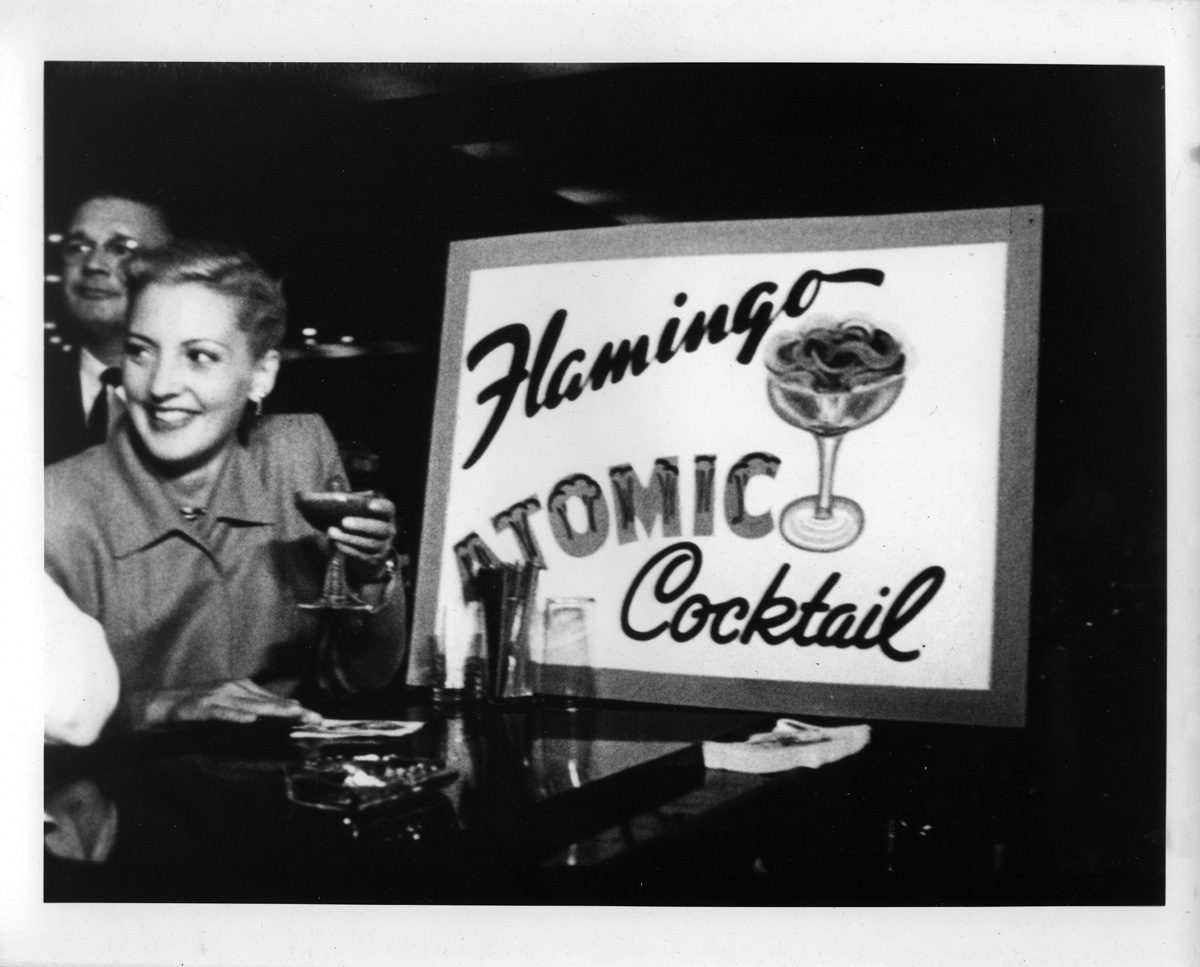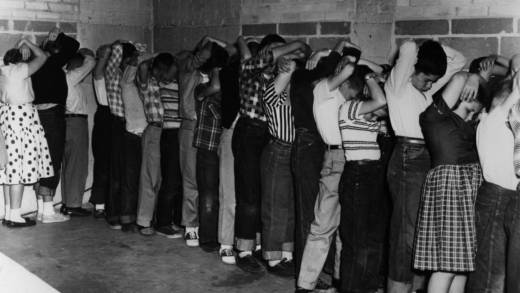Archival footage is an essential element of lots of documentaries, but precious few films are made up entirely of vintage newsreels, training films, television commercials and popular and novelty songs.
The new restoration of the jaw-dropping 1982 doc The Atomic Cafe (opening Friday, Aug. 10 at the Roxie) makes me wish there were more intrepid filmmakers committed to constructing docs entirely from excavated source material. There’s nothing quite like being immersed in the style, verbiage and aesthetic of a period.

The Atomic Cafe (by Kevin Rafferty, Jayne Loader and Pierce Rafferty) presents a targeted picture of the United States that spans the 1940s testing and dropping of the atomic bomb on Japan through the early 1960s. What we are treated to, essentially, is the existential experience of living under the shadow of imminent and instantaneous destruction, as filtered through the Cold War, the Korean War, the execution of the Rosenbergs, duck-and-cover exercises and fallout shelters. The Atomic Cafe skillfully illustrates in absurd and horrifying fashion how the job of educating the public was accomplished through God-on-our-side propaganda.
When the film originally came out, a few years after the accident at the Three Mile Island nuclear reactor in 1979, Americans were concerned less with Soviet warheads—nobody outside of NORAD had their eyes on the skies any more—than whether they lived downwind of a power plant. (Another point on the timeline: At the 1992 Academy Awards ceremony, the late San Francisco filmmaker Debra Chasnoff won the Oscar for her short documentary Deadly Deception: General Electric, Nuclear Weapons and Our Environment.)
Seen today, The Atomic Cafe is a sobering reminder of the limits of scientific knowledge at any given point in time, the questionable competence of military and political leaders and the innate hubris of our species. But you knew that.


